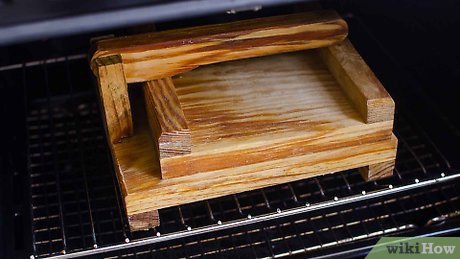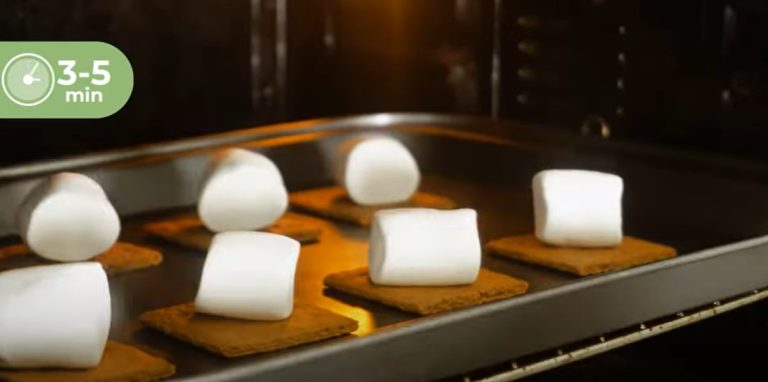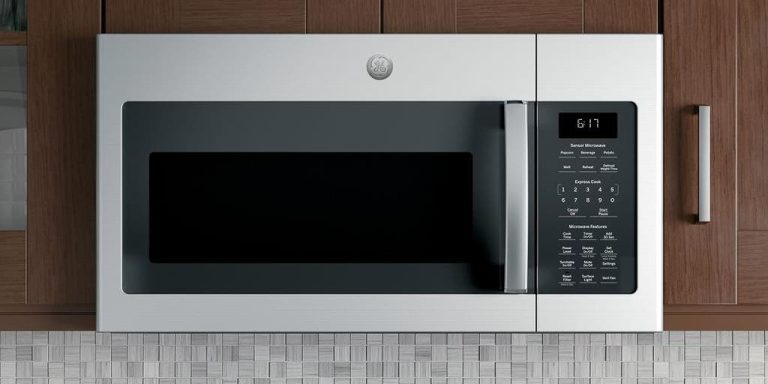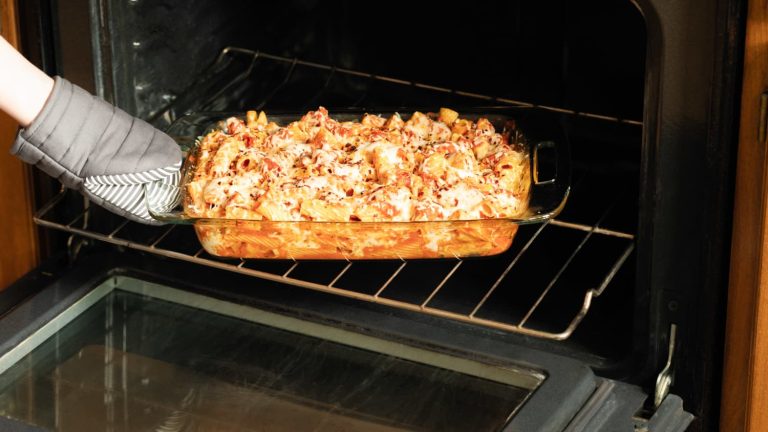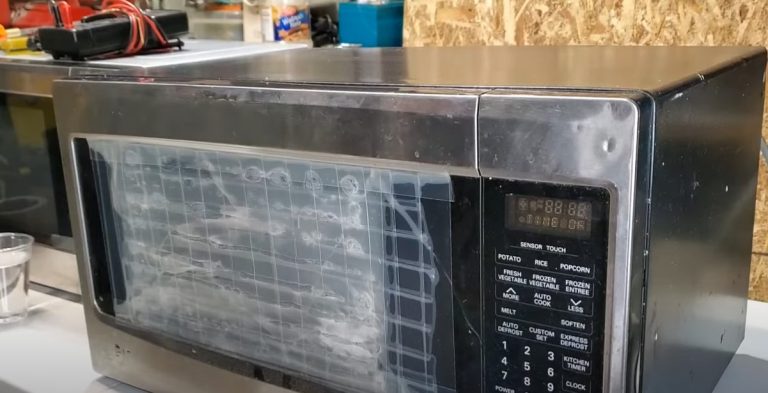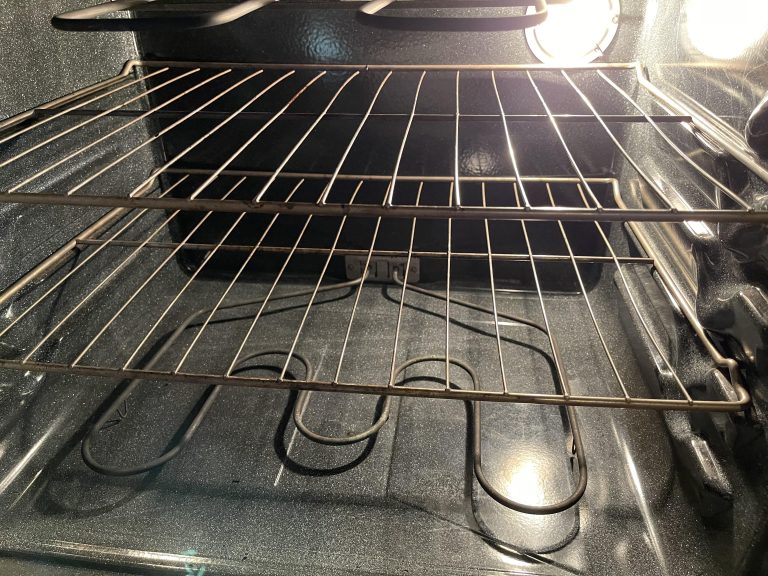Will Oven Cleaner Remove Rust? Discover the Surprising Truth
Will oven cleaner remove rust? Oven cleaner can remove light surface rust because it contains strong alkaline chemicals that break down oxidation. However, it’s not designed specifically for rust removal and may damage certain metals or finishes. For heavy rust, use a dedicated rust remover or mechanical methods like sanding.
But what if a common household product could come to the rescue? Yes, we’re talking about oven cleaner! You might be wondering, “Will oven cleaner remove rust? ” Before you reach for that can, you probably want to know if it’s safe and effective.
This article will uncover the truth about using oven cleaner for rust removal. Stick around to discover a surprising method that could save you time, effort, and money. Plus, you’ll learn some essential tips to keep your items rust-free in the future. Let’s dive in and see if this cleaning hack is your next go-to solution!

Credit: www.youtube.com
Will Oven Cleaner Remove Rust?
Oven Cleaner Composition
Oven cleaner composition may tackle rust due to its powerful ingredients. These cleaners usually contain caustic soda, which can help dissolve rust. While not specifically designed for rust removal, they can be effective in cleaning rust from surfaces.
Oven cleaners contain powerful chemicals designed to cut through grease. These chemicals might also tackle rust. Understanding their composition can help you decide.
Key Ingredients In Oven Cleaners
Oven cleaners often contain sodium hydroxide. This is a strong alkali. It breaks down tough stains and baked-on grease. Another common ingredient is butoxydiglycol. It helps dissolve stubborn dirt. Some oven cleaners may also include surfactants. Surfactants lift grime and make cleaning easier.
How These Ingredients Affect Rust
Sodium hydroxide can react with rust. This reaction might help in removing rust. But, it can also damage the metal. Be cautious when using on rusted surfaces. Butoxydiglycol and surfactants do not directly impact rust. They focus on grease and grime removal.
Safety Considerations
Oven cleaners are highly caustic. They can cause skin irritation. Always wear gloves when using them. Ensure good ventilation in the area. Keep the cleaner away from your eyes. If contact occurs, rinse immediately with water. Understanding the composition of oven cleaners is crucial. It informs safe and effective usage.
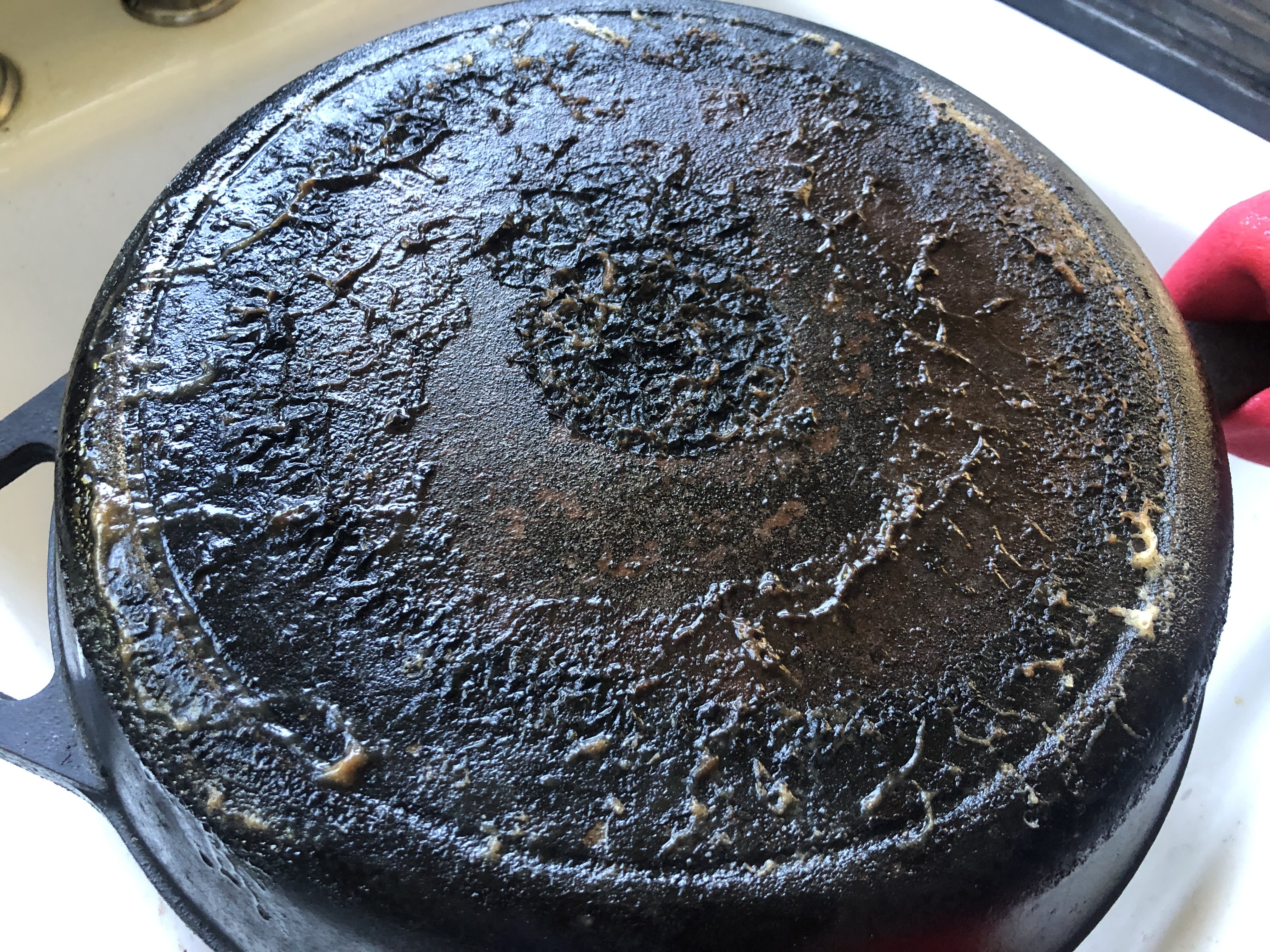
Credit: www.thekitchn.com
Rust Characteristics
Rust, a common issue with metal surfaces, often leads to deterioration. Understanding rust characteristics helps in assessing removal methods. Oven cleaner, a household product, is sometimes considered for rust removal. Examining rust characteristics reveals its nature and how it interacts with cleaning agents.
Rust Formation
Rust forms when iron reacts with oxygen and moisture. This chemical reaction creates iron oxide, the reddish-brown substance known as rust. Metal objects exposed to air and water are prone to rust. The process accelerates in humid environments.
Rust Impact
Rust weakens metal, causing structural damage over time. It reduces the metal’s strength and integrity. Items affected by rust may lose functionality. Rust can lead to costly repairs or replacements.
Rust Appearance
Rust appears as rough, flaky patches on metal surfaces. It may spread unevenly, creating an unsightly look. The texture of rust is often coarse and crumbly. These visual signs make rust easily identifiable.
Rust Removal Challenges
Removing rust requires understanding its stubborn nature. It adheres strongly to metal surfaces, resisting simple cleaning methods. Using oven cleaner for rust removal needs careful evaluation. Its effectiveness varies depending on rust severity and metal type.
Oven Cleaner Vs. Rust
When dealing with rust stains, many look for household solutions. A surprising choice is oven cleaner. Known for cutting through grease, can it tackle rust too? Let’s explore how oven cleaner compares to rust.
Oven Cleaner: A Powerful Degreaser
Oven cleaners contain strong chemicals. They break down tough grease and grime. These same properties might dissolve rust. Yet, results can vary based on rust severity.
Rust: A Stubborn Oxide
Rust forms when iron reacts with oxygen. This creates a red, flaky substance. It’s difficult to remove completely. Traditional methods involve sanding or chemical rust removers.
Oven Cleaner Vs. Rust: The Chemical Reaction
Oven cleaners have caustic agents. These may interact with rust differently. They might soften the rust, making it easier to scrub away. Yet, they won’t completely dissolve heavy rust.
Application Tips For Success
Start with a small test area. Apply oven cleaner directly on the rust. Let it sit for 10-15 minutes. Use a scrub brush to remove loosened rust. Rinse thoroughly to avoid residue.
Oven cleaners are potent. Wear gloves and ensure good ventilation. Avoid contact with skin or eyes. Always follow the product’s safety instructions.
Alternative Rust Removal Methods
Many people wonder if oven cleaner can remove rust. While it might work in some cases, there are other methods worth considering. These alternatives can be gentler on surfaces and often more effective. Let’s explore some popular rust removal techniques that might suit your needs better.
Vinegar Soaking
Vinegar is a common household item. Its acidic nature can dissolve rust. To use vinegar, soak the rusty item overnight. Then scrub off the loosened rust with a brush. This method is simple and eco-friendly.
Baking Soda Paste
Baking soda is another kitchen staple. Mix it with water to create a paste. Apply the paste to the rusted area. Let it sit for a few hours. Scrub the surface gently afterwards. This method is effective and safe.
Lemon And Salt
Lemon and salt make a powerful duo. Sprinkle salt on the rust. Squeeze lemon juice over it. Leave the mixture on the rust for a couple of hours. Scrub with a brush to remove rust. This method is natural and easy.
Potato And Soap
Believe it or not, potatoes can help remove rust. Cut a potato in half. Dip the cut end in dish soap. Rub the potato on the rusty surface. The oxalic acid in potatoes helps break down rust. This approach is both unique and effective.
Commercial Rust Removers
Various commercial rust removers are available. These products are designed specifically for rust. They often work quickly and efficiently. Follow the instructions on the label. Ensure safety measures while using them.
Steel Wool Scrubbing
Steel wool is abrasive. It can physically scrub away rust. Use it gently to avoid scratching the surface. It’s effective for stubborn rust. Ensure you wear gloves to protect your hands.
Choosing the right rust removal method depends on your needs. Consider these alternatives before using oven cleaner for rust.
Safety Precautions
Oven cleaner can help remove rust, but safety precautions are crucial. Wear gloves and goggles to protect skin and eyes. Ensure good ventilation to avoid inhaling fumes.
When considering using oven cleaner to remove rust, safety should be your top priority. While these cleaners can be effective, they contain strong chemicals that can pose risks if not handled properly. Understanding and implementing safety precautions can prevent accidents and ensure a smooth cleaning process.
Wear Protective Gear
Always equip yourself with the right protective gear. Gloves are essential to protect your skin from harsh chemicals. Goggles will shield your eyes from potential splashes. A mask can prevent inhalation of any fumes. Trust me, I once skipped the mask and regretted it with a day-long headache.
Ventilate The Area
Ensure you’re working in a well-ventilated area. Open windows or doors to allow fresh air to circulate. This will help disperse any harmful fumes. If you’re working in a closed space, consider using a fan to keep the air moving. Have you ever noticed how quickly fumes can fill a room? Good ventilation is crucial.
Read The Label
Before you start, take a moment to read the cleaner’s label. It contains important information about usage and safety. Pay attention to any warnings or precautions. Some cleaners may not be suitable for certain metals, so it’s vital to check this first. The label is your guide to safe and effective use.
Avoid Mixing Chemicals
Never mix oven cleaner with other chemicals. This can cause dangerous reactions. If you’re tempted to add another cleaner to speed up the process, resist that urge. Mixing can create toxic fumes that are harmful to your health. Remember, safety comes first.
Test On A Small Area
Before applying the cleaner to a large area, test it on a small, inconspicuous spot. This will help you see how the cleaner reacts with the metal. It’s a simple step that can save you from a big mistake. In my experience, a small test can prevent unexpected damage.
Dispose Of Waste Properly
After cleaning, dispose of any waste materials safely. Follow local guidelines for chemical disposal. Never pour leftover cleaner down the drain. Proper disposal protects both your plumbing and the environment. Every step counts toward responsible cleaning. Have you ever wondered about the long-term effects of neglecting safety measures? Prioritizing these precautions not only protects you but also ensures the task is completed effectively.
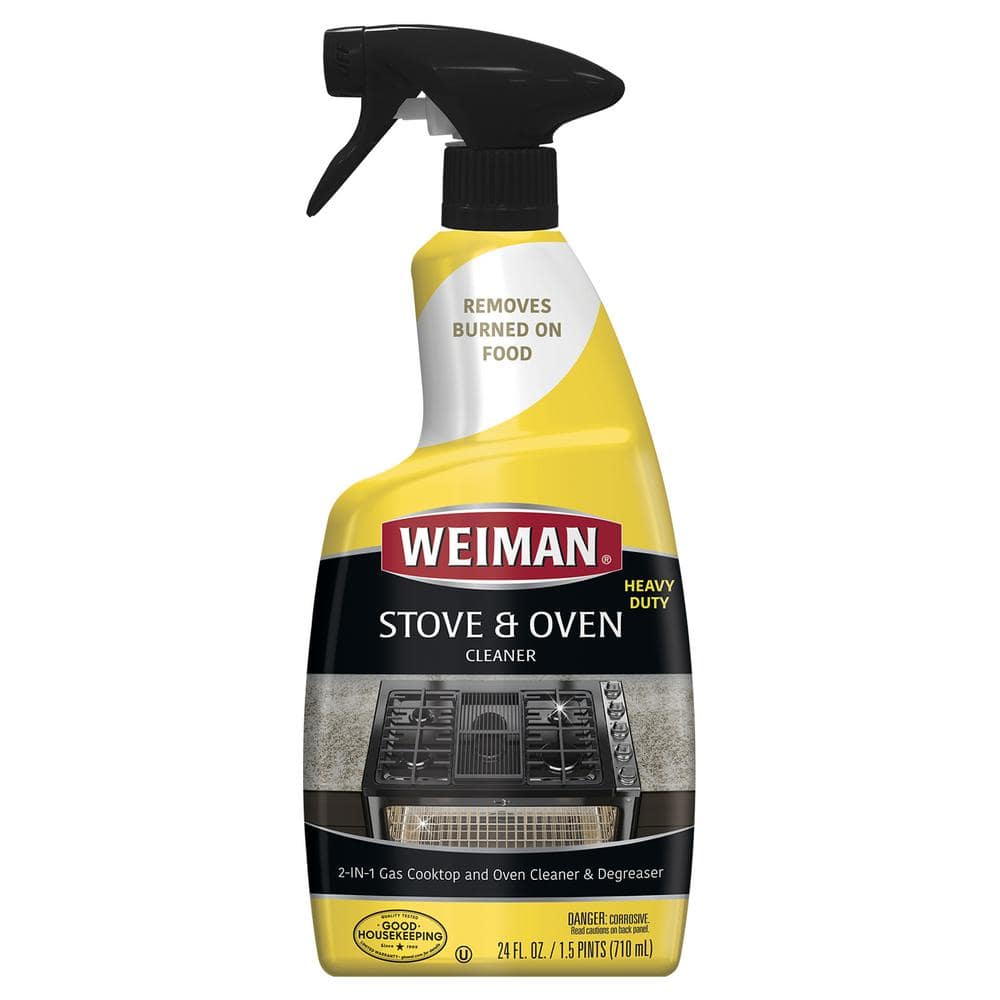
Credit: www.homedepot.com
Frequently Asked Questions
Can Oven Cleaner Effectively Remove Rust?
Oven cleaner can remove light rust. Apply it, let it sit, then scrub gently.
Is It Safe To Use Oven Cleaner On Metal?
Yes, but test on a small area first. Oven cleaner can be harsh on some metals.
What Should I Use After Oven Cleaner For Rust?
After using oven cleaner, rinse thoroughly. Apply a rust inhibitor to prevent future rust.
Conclusion
Oven cleaner can help remove rust, but it’s not foolproof. Rust removal depends on the surface and rust severity. Always test a small area first. Some surfaces might react differently. Use gloves to protect your skin. Ventilate the area well.
Consider alternatives like vinegar or baking soda. These can be safer options. Regular maintenance prevents rust buildup. Always read product labels carefully. Follow instructions closely. Rust can be stubborn but manageable with patience. Keep experimenting to find what works best.
Related Article
- Xo Pizza Ovens: Revolutionize Your Homemade Pizzas
- Woody’S Wood Fire Pizza Bar & Oven Menu: A Flavorful Journey
- Wood Fired Pizza Oven Indoor: Transform Your Home Cooking
- Why Do They Call It Oven Copypasta? Unraveling the Mystery

Hi there, my name is Kitty Wilson and I am the founder of Globokitchen.com. Professionally, I am a chef and start my cooking journey since 2009. Stay tuned to get splendid cooking tips, ideas, and hacks


